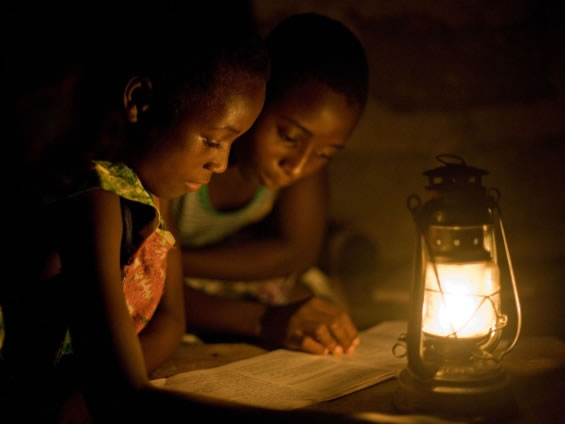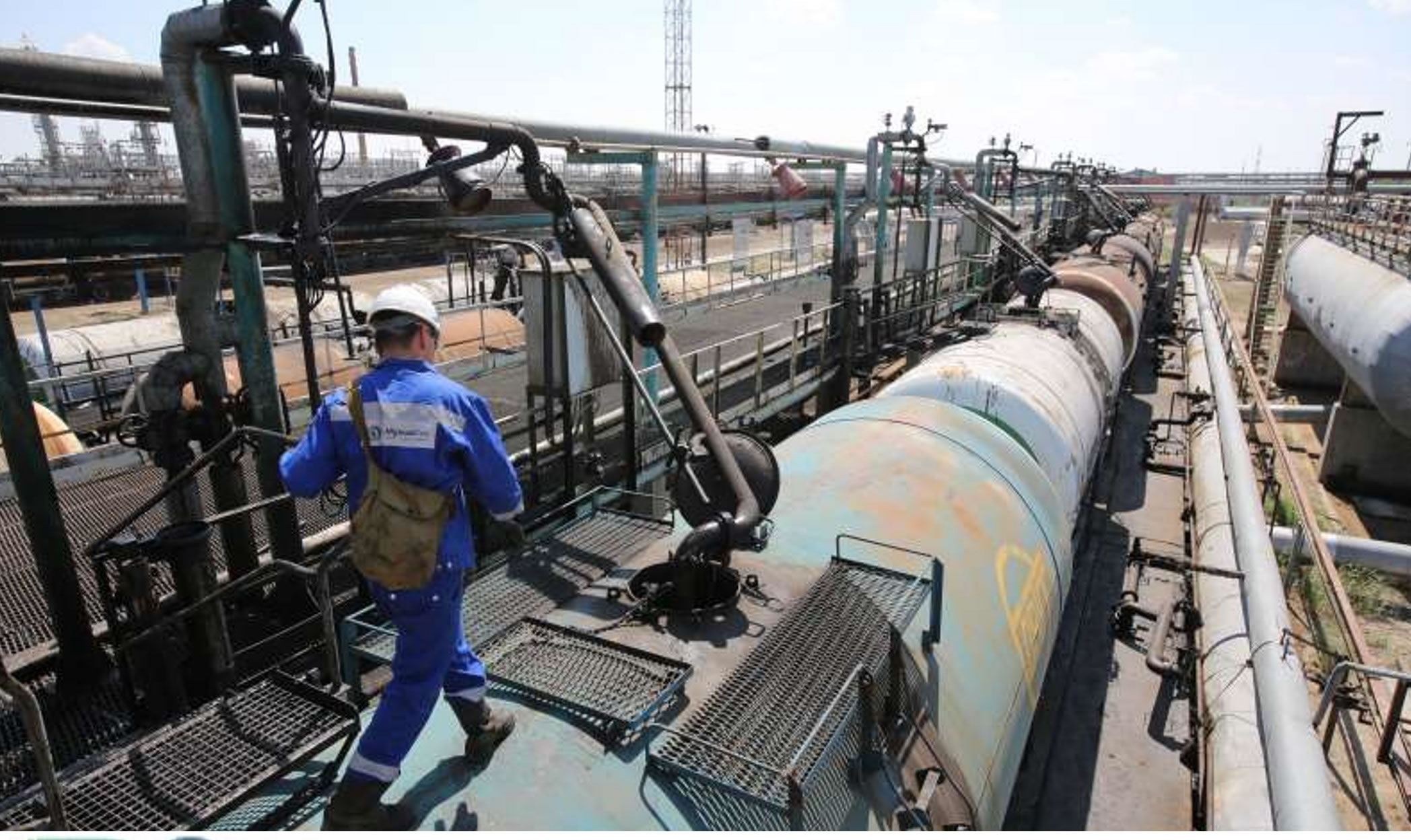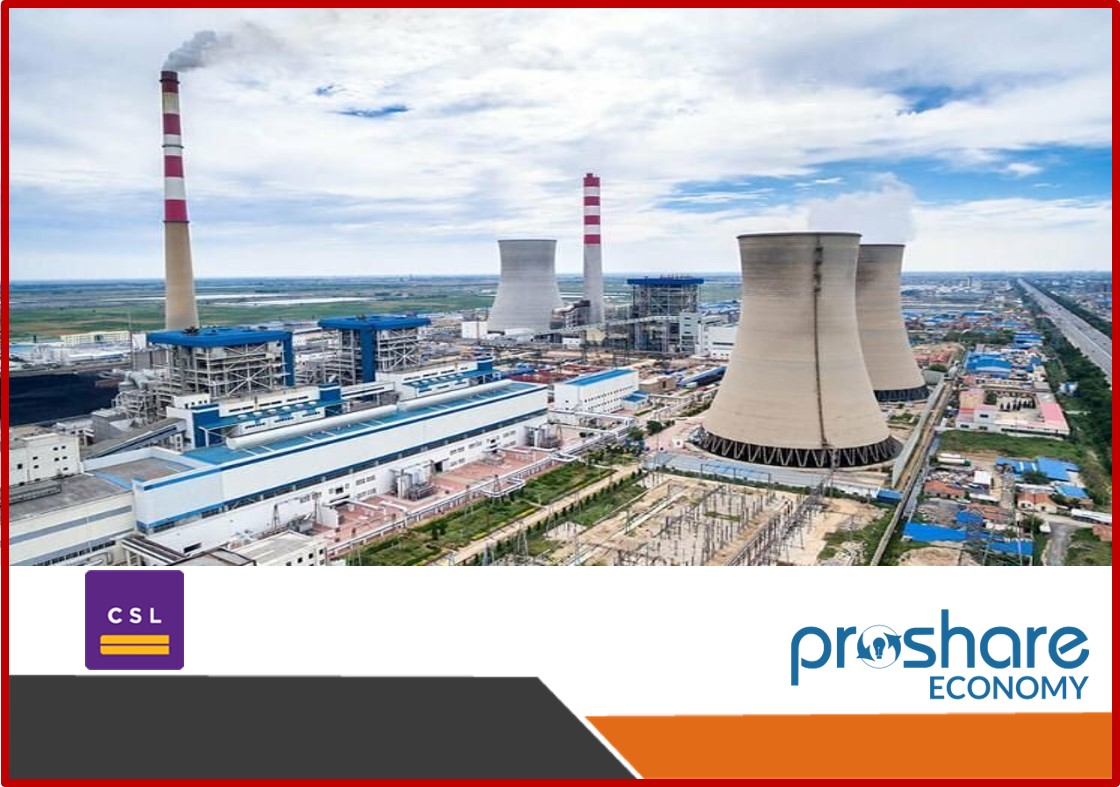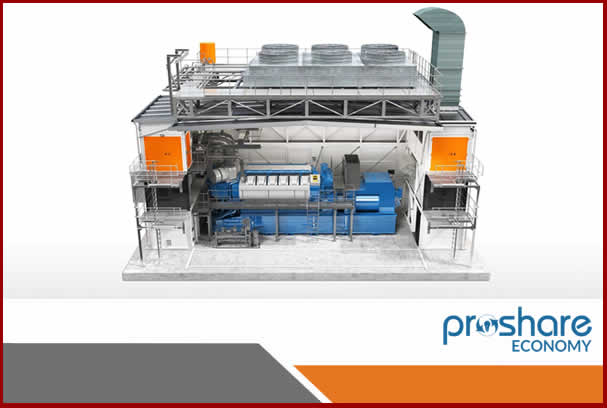According to BusinessDay news report, President Muhammadu Buhari on Tuesday flagged off the crude oil drilling on Kolmani Oil Prospecting Licence (OPL) 809 and 810 at the Kolmani field sites in Bauchi and Gombe states. The president noted that over 1 billion barrels of oil reserves and 500 billion cubic feet of gas were discovered within the Kolmani area and there are huge potentials for more deposits as exploration efforts intensify. The report noted that the Kolmani Integrated Development Project, which has attracted over US$3 billion in foreign direct investment has the potential of producing 50,000 barrels per day. The project is a fully integrated in-situ development project comprising of upstream production, oil refining, power generation and fertilizer production.
The NNPC had in 2019 announced the discovery of crude oil in the Kolmani River region at the border community between Bauchi and Gombe states. Section nine of the Petroleum Industry Act (PIA) established the Frontier Exploration Fund (FEF) with the allocation of 30 % of the profit from NNPC’s upstream oil and gas contracts for the purpose of oil exploration in frontier basins including those of Kolmani, Anambra, Dahomey, Bida, Chad and Benue Trough. While we are yet to confirm the nature of the US$3bn investment as noted by the president, we, however, note that the President confirmed that he instructed NNPC Limited to utilise and leverage its vast asset portfolio across all corridors of its operations to de-risk the project to attract the much-needed investment .
However, we struggle to see what additional value this would bring in terms of revenue to the government. Nigeria currently has about 37 billion barrels of proven crude oil reserves, making us believe the problem of the country goes beyond availability of reserves. Attracting investments into the sector has been a major problem. Over the years, successive governments have tried to revive the country’s ailing refineries with no evident results. Consequently, over 90% of the refined petroleum products consumed in Nigeria are imported. The refineries located in Kaduna, Warri, and Port Harcourt, with a combined nameplate capacity of 445,000 bpd, have long operated at extremely low capacity due to many years of underinvestment and poor maintenance. Currently, the combined capacity utilization of the existing refineries stands at 0.00% due to the ongoing revamping of the state-owned refineries based on available data from the Nigerian National Petroleum Corporation (NNPC).
Also, the world is increasingly advocating for green energy and has set a net zero carbon emission target of 2050. Nigeria’s 37 billion barrels of proven crude oil reserves will take about 67 years or 50 years to exhaust assuming crude oil production improves to 1.5mbpd or 2mbpd respectively. By implication, Nigeria risks facing lower demand for its crude oil and may not be able to realise its full potentials should the 2050 target be actualized. While we appreciate the fact that developing nations will wobble under the weight of the current exorbitant cost of alternative energy particularly for industrial purposes, we anticipate a viable energy transition plan.
 Lagos, NG • GMT +1
Lagos, NG • GMT +1











 552 views
552 views









 Sponsored Ad
Sponsored Ad
 Advertise with Us
Advertise with Us









